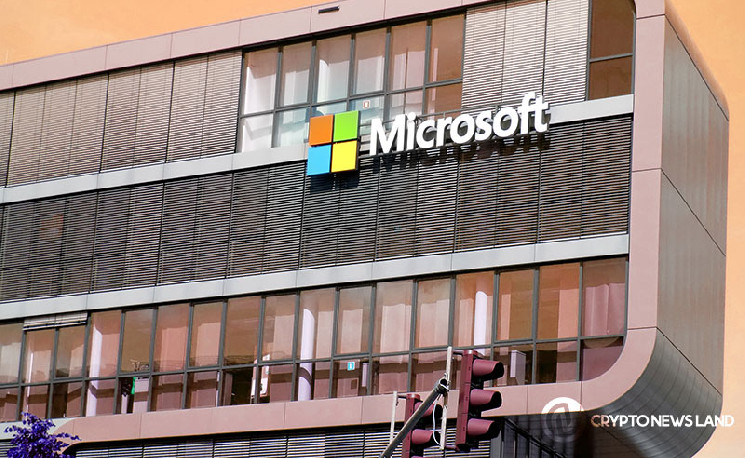Microsoft has made significant strides in the world of blockchain technology by expanding its Azure Blockchain platform to include Ripple and Ethereum protocols. This move is aimed at providing businesses with enhanced tools for developing blockchain applications and testing international monetary systems.
The Azure Blockchain platform has garnered a lot of interest from developers since its launch in November. Initially focused on Ethereum, the platform later incorporated Ripple to broaden its research capabilities. Marley Gray, Director of Tech Strategy at Microsoft, stated that the platform has received positive feedback and generated widespread interest among businesses.
One of the key features of Azure Blockchain is its ability to allow users to quickly create and test prototypes without incurring significant financial costs. The platform’s development environment is designed to support innovation, with features like one-click deployment facilitating faster experimentation and simplifying the implementation of new ideas. Businesses find the platform valuable for testing blockchain applications in a cost-effective manner.
Ripple’s integration into Azure Blockchain dates back to 2015, with the aim of providing developers with tools to explore solutions for international payments. This integration underscores Microsoft’s commitment to leveraging various blockchain technologies to meet the evolving needs of the financial industry. Ripple’s involvement in the Faster Banking Council, along with Microsoft, highlights the potential of blockchain in revolutionizing the financial sector and expanding its real-world applications.
Azure Blockchain’s capability to incorporate multiple protocols, including Ripple and Ethereum, offers developers the flexibility to create diverse blockchain solutions. This emphasis on versatility aligns with Microsoft’s goal of providing businesses with advanced tools that drive innovation.
Businesses from various industries are leveraging Azure Blockchain to test its implementations and build prototypes for their projects. Hackathons and workshops hosted on the platform foster creativity and encourage the development of new solutions. As Microsoft continues to enhance its services, the addition of Bitcoin’s blockchain to the platform remains uncertain.
The integration of Ethereum and Ripple into Azure Blockchain underscores Microsoft’s commitment to advancing blockchain innovation and supporting businesses as they explore this transformative technology. The platform’s flexibility and diverse capabilities make it a preferred choice for organizations looking to harness the power of blockchain for their operations.

